
Cerro Catedral: Uruguay's Lofty Summit
Cerro Catedral, the highest peak in Uruguay, stands as a majestic natural landmark. Located in the Maldonado Department, this hill reaches an elevation of 514 meters, offering visitors a unique experience in a country known for its rolling plains and low hills. The summit provides breathtaking panoramic views of the surrounding landscape, making it a must-visit for nature lovers and photographers alike. The journey to Cerro Catedral is an adventure in itself. As you hike through the scenic trails, you'll encounter diverse flora and fauna, adding to the allure of the region. The area is rich in native vegetation, including various species of trees and plants that paint the hills in vibrant colors during different seasons. Birdwatchers will also find the region a delight, with numerous bird species inhabiting the area. Apart from its natural beauty, Cerro Catedral holds cultural significance. It is a place where locals and tourists come together to appreciate the tranquility and beauty that nature offers. Whether you are an avid hiker, a nature enthusiast, or someone looking to escape the hustle and bustle of city life, Cerro Catedral provides a serene getaway that promises both adventure and relaxation.
Local tips in Cerro Catedral
- Visit during spring or autumn for the best weather and scenic views.
- Wear sturdy hiking boots; the trails can be rocky and uneven.
- Bring binoculars for birdwatching; the area is home to many bird species.
- Pack water and snacks, as there are no facilities at the summit.
- Start your hike early in the morning to avoid the midday heat.
Cerro Catedral: Uruguay's Lofty Summit
Cerro Catedral, the highest peak in Uruguay, stands as a majestic natural landmark. Located in the Maldonado Department, this hill reaches an elevation of 514 meters, offering visitors a unique experience in a country known for its rolling plains and low hills. The summit provides breathtaking panoramic views of the surrounding landscape, making it a must-visit for nature lovers and photographers alike. The journey to Cerro Catedral is an adventure in itself. As you hike through the scenic trails, you'll encounter diverse flora and fauna, adding to the allure of the region. The area is rich in native vegetation, including various species of trees and plants that paint the hills in vibrant colors during different seasons. Birdwatchers will also find the region a delight, with numerous bird species inhabiting the area. Apart from its natural beauty, Cerro Catedral holds cultural significance. It is a place where locals and tourists come together to appreciate the tranquility and beauty that nature offers. Whether you are an avid hiker, a nature enthusiast, or someone looking to escape the hustle and bustle of city life, Cerro Catedral provides a serene getaway that promises both adventure and relaxation.
When is the best time to go to Cerro Catedral?
Iconic landmarks you can’t miss
Cartel de acceso a cerro catedral
Discover the breathtaking beauty and adventure awaiting at Cerro Catedral Access Point, a must-visit destination in Uruguay's stunning Maldonado Department.
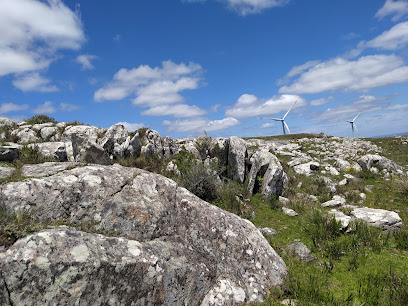
Pico Cerro Catedral
Discover the breathtaking Pico Cerro Catedral, a historical landmark in Uruguay offering stunning views and rich cultural heritage for every traveler.
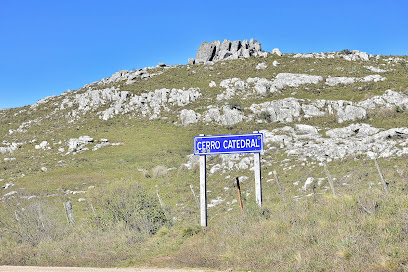
Unmissable attractions to see
Cartel de acceso a cerro catedral
Discover the stunning beauty and adventure opportunities at Cerro Catedral, a premier ski resort in Uruguay's Maldonado Department.
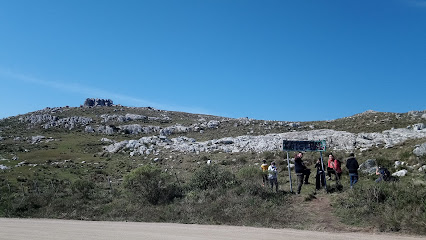
Pico Cerro Catedral
Discover the awe-inspiring natural beauty and rich history of Pico Cerro Catedral, a stunning landmark in Uruguay's Maldonado Department.
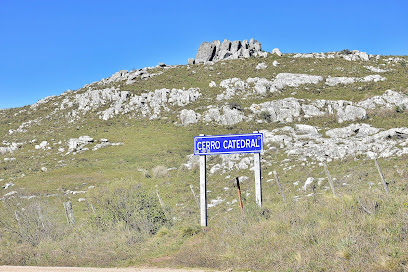
Cerro Los Migueles
Discover the stunning vistas and rich biodiversity at Cerro Los Migueles, a captivating tourist attraction in Uruguay's Maldonado Department.
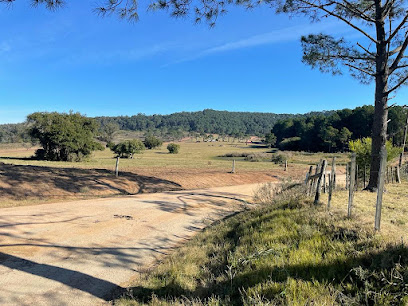
Essential places to dine
Ventorrillo de la Buena Vista
Experience delightful American cuisine amidst breathtaking views at Ventorrillo de la Buena Vista in Villa Serrana.
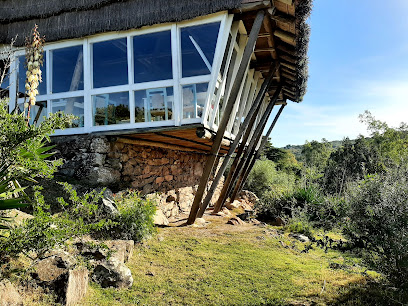
Lo De Homero Restaurante
Experience the heart of Uruguayan cuisine at Lo De Homero Restaurante - where fast food meets local tradition.
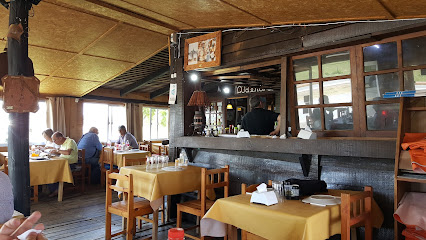
Parador Rocha
Savor authentic Uruguayan flavors at Parador Rocha, where local ingredients meet traditional recipes in a warm and welcoming setting.
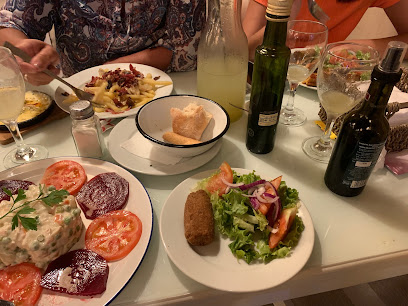
Parador María Esther
Discover the flavors of Uruguay at Parador María Esther – where fast food meets local tradition in the heart of Rocha.
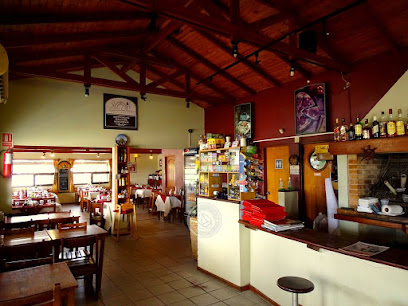
Penitente station - Sierra de Minas
Discover delightful Uruguayan cuisine at Penitente Station while soaking in the breathtaking views of Sierra de Minas.
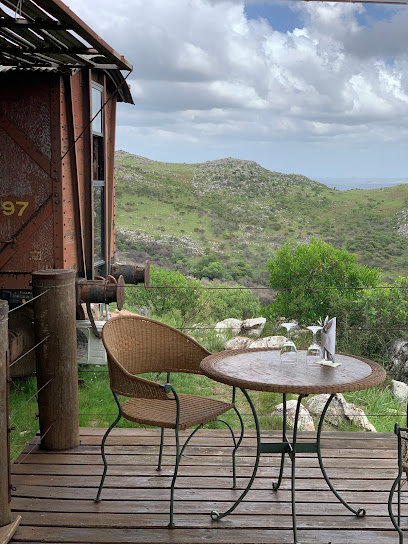
Mesón de Las Cañas
Discover authentic Uruguayan cuisine at Mesón de Las Cañas in Villa Serrana, where nature meets culinary excellence.
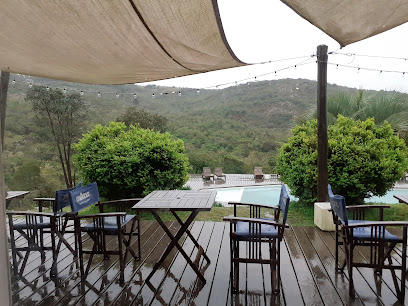
Garzon
Discover Garzon: A gastronomic gem in Uruguay offering exquisite local dishes and an unforgettable dining experience amidst stunning natural beauty.
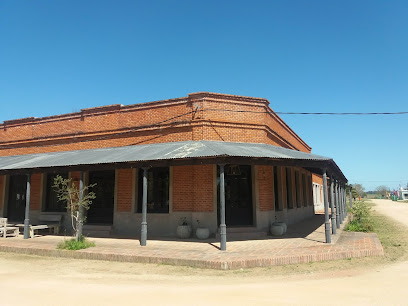
City Café
Discover the flavors of Rocha at City Café - where local cuisine meets cozy ambiance in an inviting setting.
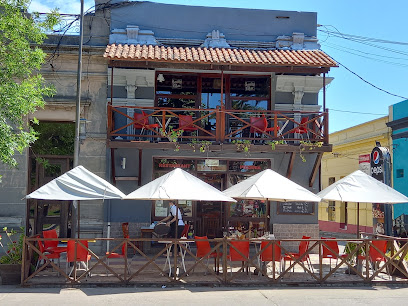
La Mia Cucina
Experience the best of Italian and Indian cuisine at La Mia Cucina in scenic Villa Serrana.
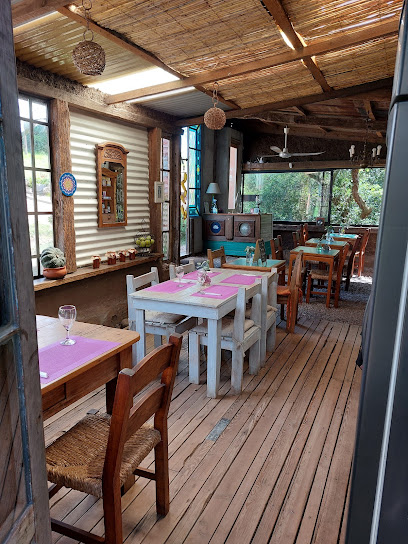
El Pato
Experience the authentic flavors of Uruguay at El Pato in Rocha – where tradition meets taste in a warm and welcoming setting.
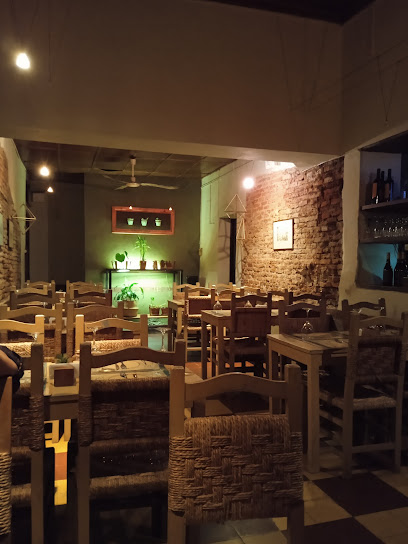
El Artesanal de Minas Resto
Experience the authentic flavors of Uruguay at El Artesanal de Minas Resto – where local ingredients meet culinary creativity.
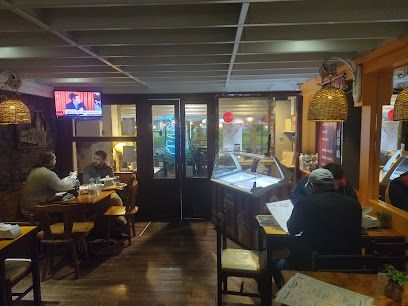
La Ultima Portera
Experience authentic Uruguayan grill delights at La Ultima Portera in Lavalleja - where flavor meets tradition amidst stunning nature.
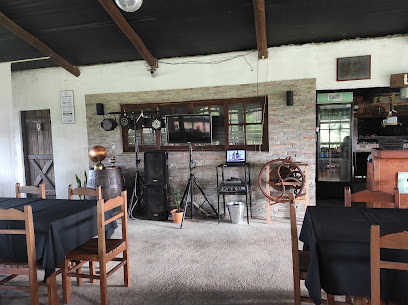
El Brocal
Discover El Brocal in Aiguá: Experience Authentic Uruguayan Cuisine Amidst Scenic Beauty.
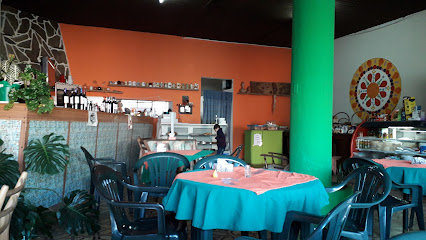
Parador La Casona
Experience authentic Uruguayan cuisine at Parador La Casona, nestled in Lavalleja's stunning landscapes.
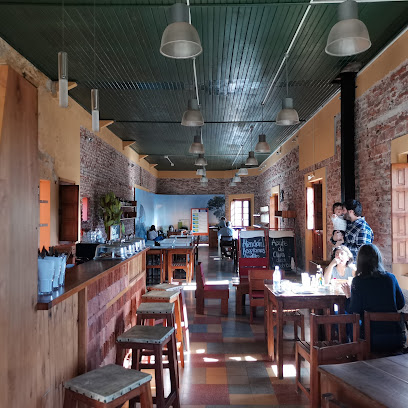
La Cantina del Santuario
Experience the flavors of Uruguay at La Cantina del Santuario in beautiful Villa Serrana – where exquisite cuisine meets stunning natural beauty.
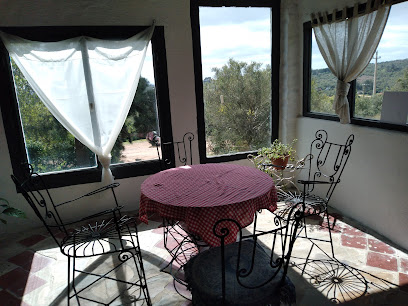
Markets, malls and hidden boutiques
Cerro Catedral
Discover the breathtaking beauty of Cerro Catedral, a majestic mountain peak in Maldonado, Uruguay, perfect for outdoor adventures and stunning views.
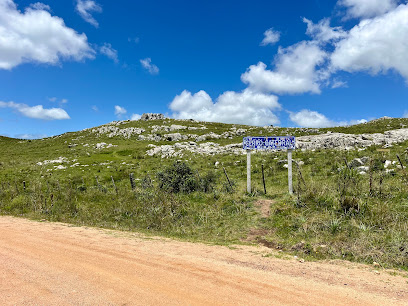
Tiendas Montevideo
Explore Tiendas Montevideo for unique home goods that reflect the charm of Uruguay, perfect for souvenirs and enhancing your travel experience.
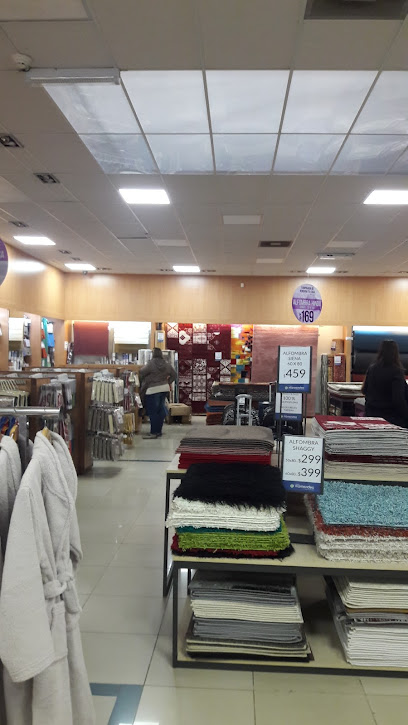
Almacén Garzón
Explore Almacén Garzón: Your gateway to authentic Uruguayan flavors and local delicacies in the heart of Garzón.
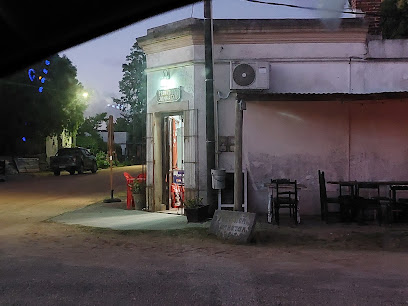
Luly Crea Para Ti
Explore Luly Crea Para Ti: A charming gift shop in Rocha, offering unique handmade treasures that capture the spirit of Uruguay.

Quincho Saravia
Quincho Saravia in Maldonado: Your go-to supermarket for local flavors and essentials in Uruguay.
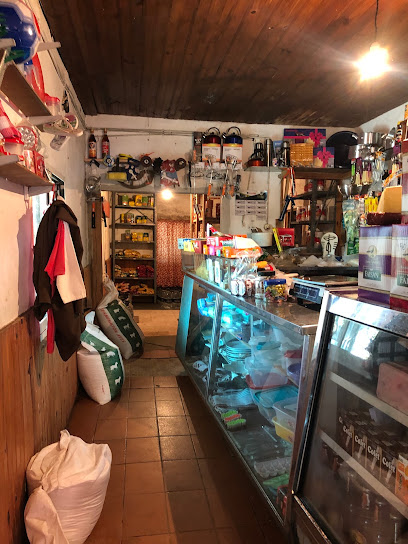
DN TIENDA
Explore the vibrant fashion scene at DN TIENDA, Rocha's go-to clothing store for stylish, quality apparel and unique local flair.

LaTierra-TallerArtesano
Explore handcrafted treasures at LaTierra-TallerArtesano in Aiguá, where local artisans showcase their unique creations.
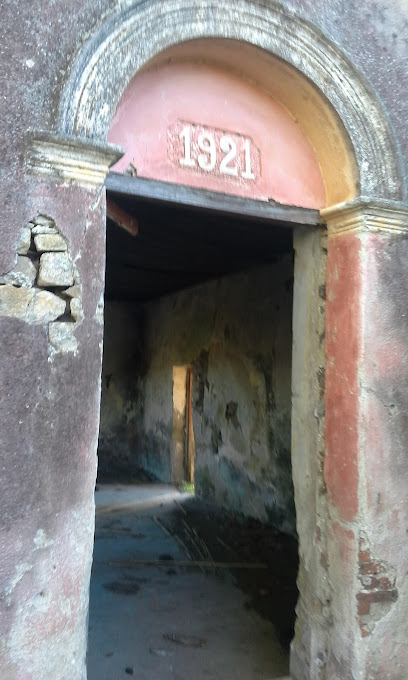
Almacen Las Cañas
Explore Almacen Las Cañas in Maldonado - a vibrant shopping mall with local crafts, fashion, and gourmet delights, perfect for every tourist.
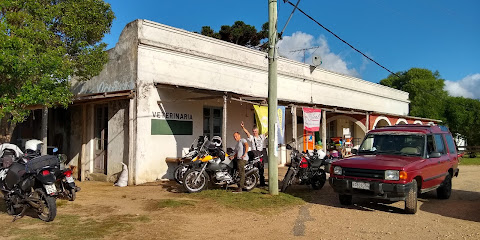
Provisión 5 Esquinas
Explore Provisión 5 Esquinas in Aiguá for unique local crafts and flavors, a perfect blend of culture and shopping in Uruguay's charming Maldonado.

El Deseo tu Local
Discover unique Uruguayan fashion at El Deseo tu Local in Rocha, where style meets culture in a vibrant shopping experience.
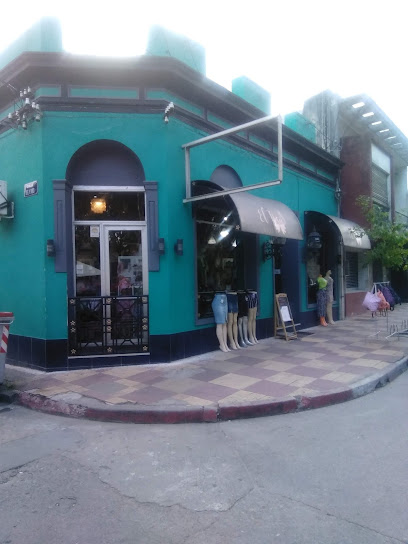
Almacén de LETICIA PÉREZ
Experience the flavors of Uruguay at Almacén de LETICIA PÉREZ, Aiguá’s charming grocery store offering local products and culinary delights.

Tramma Bambú
Discover quality and stylish underwear at Tramma Bambú in Aiguá, where comfort meets elegance in every piece.
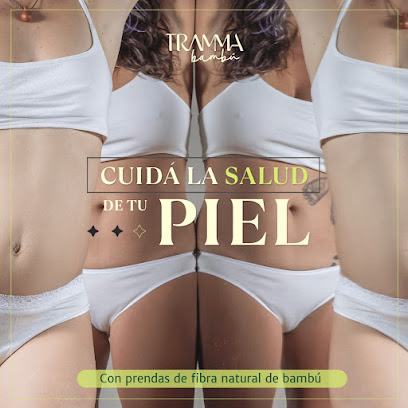
Almacén lo de Waldemar
Experience the heart of Maldonado at Almacén lo de Waldemar, where local culture meets unique shopping.

Regalos Del Valle. Tienda De Artesanias Y Productos Locales
Discover the essence of Aiguá at Regalos Del Valle, a boutique brimming with local crafts and unique souvenirs that celebrate Uruguayan culture.
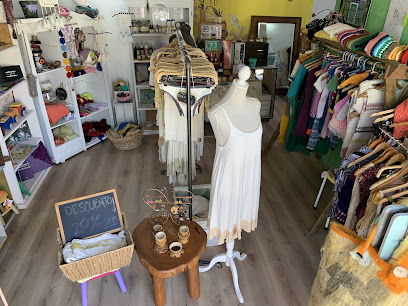
Artesanías Garzón
Explore Artesanías Garzón, a boutique showcasing authentic Uruguayan craftsmanship with unique art and handmade treasures for every traveler.
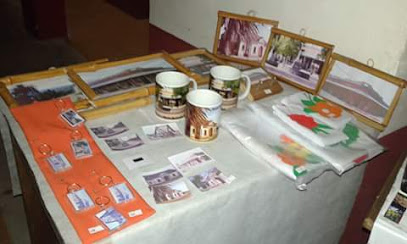
Essential bars & hidden hideouts
Capi Bar
Discover the unique flavors and vibrant atmosphere at Capi Bar, Punta del Este's premier brewpub offering a delightful culinary journey.
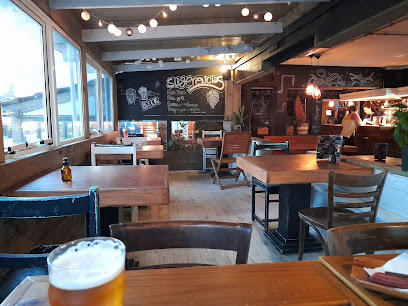
Baar Fun Fun
Experience the vibrant nightlife of Montevideo at Baar Fun Fun, a renowned bar offering exquisite cocktails and a lively atmosphere.
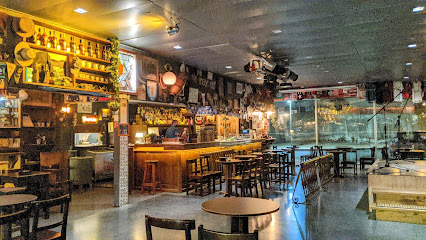
Solera Wine & Tapas Bar
Discover the delightful fusion of tapas and wine at Solera Wine & Tapas Bar, a culinary haven in La Juanita, Maldonado, Uruguay.
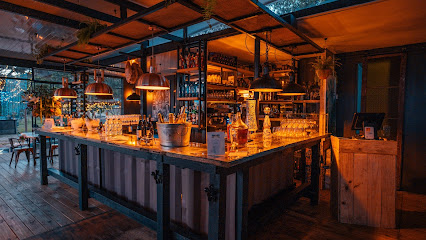
Lo De Rúberico
Experience the vibrant nightlife at Lo De Rúberico in San Carlos, where great drinks and friendly vibes come together for an unforgettable evening.
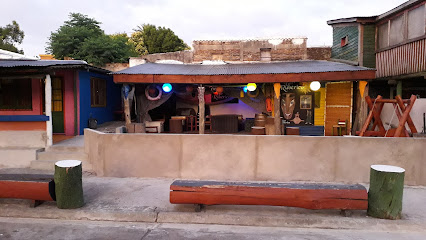
GANDHI RESTO PUB
Discover the vibrant atmosphere and culinary delights at Gandhi Resto Pub in San Carlos, where delicious food meets nightlife excitement.
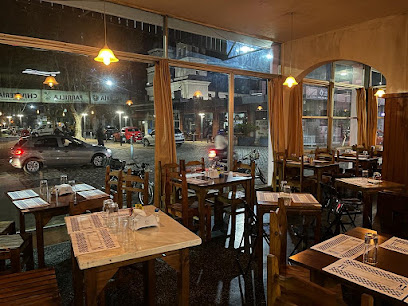
Perla Negra
Discover the charm of Perla Negra, a vibrant pub in El Tesoro, perfect for unwinding and enjoying local flavors amidst stunning surroundings.
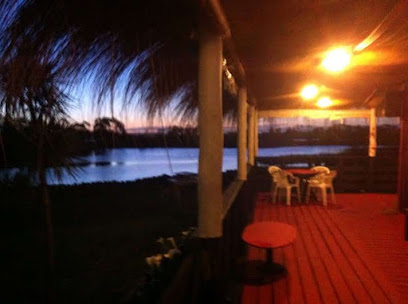
Cero Stress
Discover the nightlife at Cero Stress, a lively bar in San Carlos offering great drinks, live music, and a vibrant atmosphere for tourists.
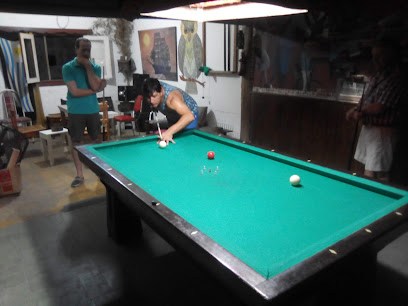
Bar del Cachango
Discover the vibrant atmosphere and authentic flavors at Bar del Cachango in Rocha, Uruguay – the perfect spot for relaxation and socializing.

Charles Bar
Discover the lively spirit of Maldonado at Charles Bar, where local culture meets vibrant nightlife in a cozy atmosphere.
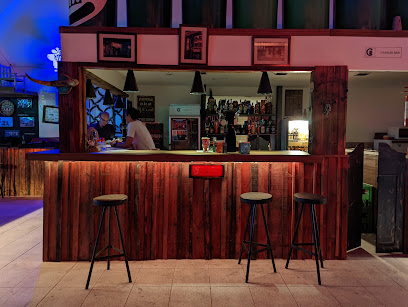
El rincón de los negros
Explore San Carlos' vibrant nightlife at El rincón de los negros, a cozy bar offering a unique blend of local flavors and lively entertainment.
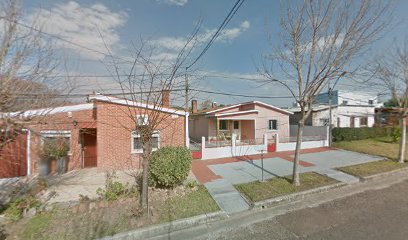
Parador El Quincho
Discover Parador El Quincho, a cozy bar in Maldonado offering a taste of local culture and delightful beverages in a warm atmosphere.
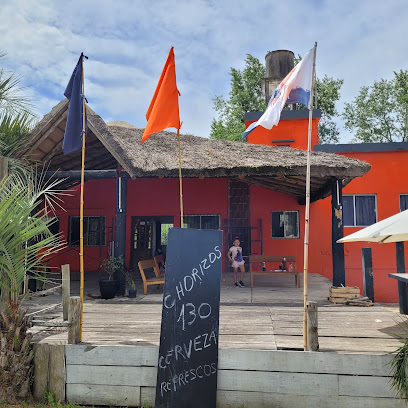
Serendipia Bar
Discover the vibrant flavors of Serendipia Bar in La Barra, where exquisite tapas and lively ambiance create an unforgettable culinary experience.
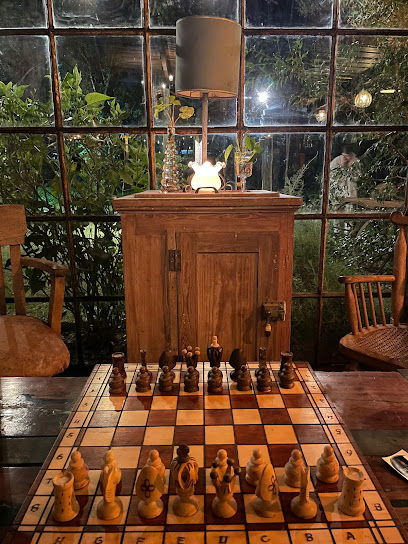
Don Lucero Arte Pub
Discover the artistic charm and lively atmosphere of Don Lucero Arte Pub in Arachania, a perfect spot for drinks and live music.
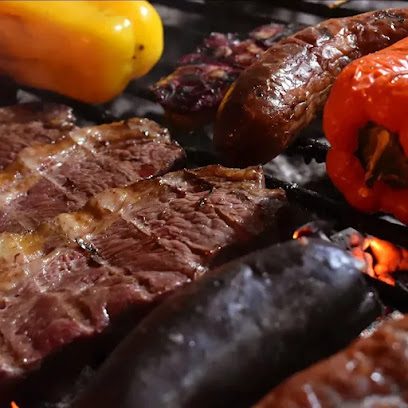
After del Bosque
Discover the lively spirit of After del Bosque, a must-visit bar in El Tesoro offering local drinks and a vibrant nightlife experience.
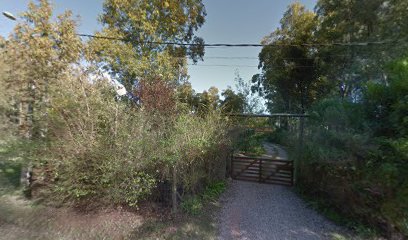
Local Phrases about Cerro Catedral
-
- HelloHola
[oh-lah] - GoodbyeChau
[chow] - YesSí
[see] - NoNo
[noh] - Please/You're welcomePor favor/De nada
[por fah-bor/deh nah-dah] - Thank youGracias
[grah-see-ahs] - Excuse me/SorryDisculpe/Perdón
[dees-cool-peh/pehr-dohn] - How are you?¿Cómo estás?
[koh-moh ehs-tahs] - Fine. And you?Bien. ¿Y tú?
[byen. ee too] - Do you speak English?¿Hablas inglés?
[ah-blahs een-glehs] - I don't understandNo entiendo
[noh ehn-tee-ehn-doh]
- HelloHola
-
- I'd like to see the menu, pleaseMe gustaría ver el menú, por favor
[meh goo-stah-ree-ah behr ehl meh-noo, por fah-bor] - I don't eat meatNo como carne
[noh koh-moh kahr-neh] - Cheers!¡Salud!
[sah-lood] - I would like to pay, pleaseMe gustaría pagar, por favor
[meh goo-stah-ree-ah pah-gahr, por fah-bor]
- I'd like to see the menu, pleaseMe gustaría ver el menú, por favor
-
- Help!¡Ayuda!
[ah-yoo-dah] - Go away!¡Vete!
[veh-teh] - Call the Police!¡Llama a la Policía!
[yah-mah ah lah poh-li-see-ah] - Call a doctor!¡Llama a un doctor!
[yah-mah ah oon dohk-tohr] - I'm lostEstoy perdido
[ehs-toy pehr-dee-doh] - I'm illEstoy enfermo
[ehs-toy ehn-fehr-moh]
- Help!¡Ayuda!
-
- I'd like to buy...Me gustaría comprar...
[meh goo-stah-ree-ah kohm-prahr] - I'm just lookingSolo estoy mirando
[soh-loh ehs-toy mee-rahn-doh] - How much is it?¿Cuánto cuesta?
[kwan-toh kwes-tah] - That's too expensiveEstá demasiado caro
[ehs-tah de-mah-see-ah-doh kah-roh] - Can you lower the price?¿Puede bajar el precio?
[pweh-deh bah-har ehl pree-see-oh]
- I'd like to buy...Me gustaría comprar...
-
- What time is it?¿Qué hora es?
[keh oh-rah ehs] - It's one o'clockEs la una
[ehs lah oo-nah] - Half past (10)Las diez y media
[lahs dyehs ee meh-dee-ah] - MorningMañana
[mah-nyah-nah] - AfternoonTarde
[tahr-deh] - EveningNoche
[noh-cheh] - YesterdayAyer
[ah-yehr] - TodayHoy
[oy] - TomorrowMañana
[mah-nyah-nah] - 1Uno
[oo-noh] - 2Dos
[dohs] - 3Tres
[trehs] - 4Cuatro
[kwah-troh] - 5Cinco
[seen-koh] - 6Seis
[say-ees] - 7Siete
[syeh-teh] - 8Ocho
[oh-choh] - 9Nueve
[nweh-veh] - 10Diez
[dyehs]
- What time is it?¿Qué hora es?
-
- Where's a/the...?¿Dónde está...?
[dohn-deh ehs-tah] - What's the address?¿Cuál es la dirección?
[kwal ehs lah dee-rehk-syohn] - Can you show me (on the map)?¿Puedes mostrarme (en el mapa)?
[pweh-dehs mohs-trar-meh (ehn ehl mah-pah)] - When's the next (bus)?¿Cuándo es el próximo (autobús)?
[kwan-doh ehs ehl proh-ksee-moh (ow-toh-boos)] - A ticket (to ....)Un boleto (para ...)
[oon boh-leh-toh (pah-rah)]
- Where's a/the...?¿Dónde está...?
History of Cerro Catedral
-
Long before European settlers arrived, the region around Cerro Catedral was inhabited by indigenous groups, primarily the Charrúa people. They lived off the land, hunting, fishing, and gathering, and developed a deep spiritual connection to the natural environment, including the Cerro Catedral. These indigenous communities left behind traces of their existence in the form of petroglyphs and other archaeological artifacts that can still be found in the area.
-
The arrival of Spanish explorers in the early 16th century marked the beginning of a new era for Cerro Catedral. The Spanish were drawn to the region by tales of vast resources and strategic advantages. They established settlements and missions, introducing European agricultural practices and livestock, which significantly altered the landscape. The influence of Spanish culture can still be seen in the architecture and local traditions of the surrounding areas.
-
In the 17th century, Jesuit missionaries established several missions in the region, aiming to convert the indigenous populations to Christianity. These missions also served as centers of education and agricultural development. The Jesuits introduced new crops and farming techniques, which helped shape the agricultural landscape of Cerro Catedral. The remnants of these missions can still be explored today, offering a glimpse into this transformative period.
-
The early 19th century was a tumultuous time for Cerro Catedral and the surrounding regions as Uruguay fought for its independence from Spanish rule. The area became a strategic point of contention during various battles and skirmishes. The rugged terrain of Cerro Catedral provided natural fortifications for revolutionary fighters. Historical markers and monuments in the area commemorate the bravery and sacrifices of those who fought for freedom.
-
In the late 20th and early 21st centuries, Cerro Catedral emerged as a prime destination for ecotourism. Efforts to preserve the natural beauty and biodiversity of the area led to the establishment of protected areas and nature reserves. Visitors can now enjoy a variety of outdoor activities such as hiking, bird-watching, and rock climbing while learning about the importance of conservation. The focus on sustainable tourism has helped maintain the pristine environment of Cerro Catedral.
Cerro Catedral Essentials
-
Cerro Catedral is located in the Maldonado Department of Uruguay. The nearest international airport is Carrasco International Airport in Montevideo, approximately 150 kilometers away. From Montevideo, you can take a bus or rent a car to reach Cerro Catedral. The journey typically takes around 2 to 3 hours by road. Buses are available from Montevideo's Tres Cruces Terminal, offering a convenient and scenic route.
-
Cerro Catedral is best explored by car, allowing you the flexibility to visit various attractions at your own pace. Local buses operate within the Maldonado Department, but schedules can be irregular. Taxis and rideshare services like Uber are also available. Renting a bike is a great option for those who enjoy cycling and want to explore the area intimately.
-
The official currency in Uruguay is the Uruguayan Peso (UYU). Credit cards are widely accepted in hotels, restaurants, and shops, but it's advisable to carry some cash for use in smaller establishments and rural areas. ATMs are available in nearby towns like Maldonado and Punta del Este, so ensure you have sufficient cash before heading to more remote areas.
-
Cerro Catedral is generally a safe destination for tourists. However, it is advisable to take standard precautions. Avoid walking alone at night in unfamiliar areas and keep an eye on your belongings in crowded places. While there are no specific high-crime areas targeting tourists, it is always best to stay vigilant and aware of your surroundings.
-
In case of emergency, dial 911 for immediate assistance. Medical facilities and a police station are available in nearby towns like Maldonado and Punta del Este. It is recommended to have travel insurance that covers medical emergencies. For minor health issues, there are pharmacies in the surrounding towns where you can purchase over-the-counter medications.
-
Fashion: Do wear comfortable clothing suitable for outdoor activities. Don’t wear overly flashy or expensive jewelry. Religion: Do respect local customs and traditions. Public Transport: Do be respectful and give up your seat to elderly passengers. Don’t eat or drink on public transport. Greetings: Do greet people with a friendly 'Hola' or 'Buen día'. A handshake is also appropriate. Eating & Drinking: Do try local delicacies and accept food offerings graciously. Don’t refuse hospitality, as it is considered impolite.
-
To experience Cerro Catedral like a local, visit during the off-peak seasons when the area is less crowded. Engage with local guides who can provide insight into the region’s history and natural beauty. Don't miss the opportunity to hike the various trails that offer stunning views of the surrounding landscape. Also, try local Uruguayan dishes at nearby eateries to get a taste of the regional cuisine.
Nearby Cities to Cerro Catedral
-
Things To Do in Punta del Este
-
Things To Do in Montevideo
-
Things To Do in Colonia del Sacramento
-
Things To Do in La Plata
-
Things To Do in Tacuarembó
-
Things To Do in Buenos Aires
-
Things To Do in Fray Bentos
-
Things To Do in Mar del Plata
-
Things To Do in Rosario
-
Things To Do in Encarnacion
-
Things To Do in Carmen del Parana
-
Things To Do in Córdoba
-
Things To Do in Florianópolis
-
Things To Do in Villarrica
-
Things To Do in Puerto Iguazú







